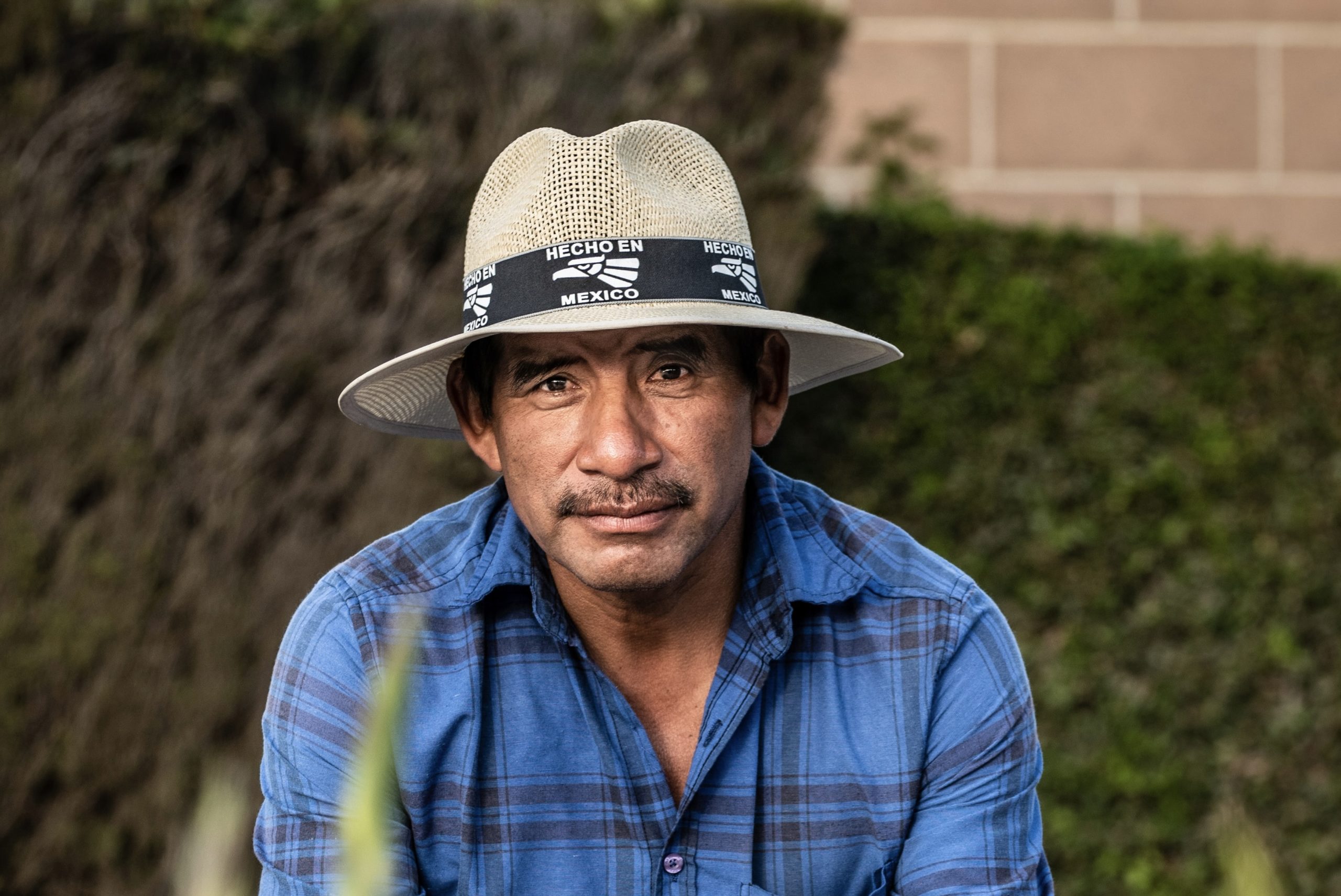On Fridays we bring you the week’s best from around the web. This week’s round-up includes discussion of whether private charity can take the place of a public safety net, modern day examples of “little platoons,” and more.
1. “Can Private Charity Replace the Social Safety Net?” by Joe Carter, Acton Institute
There are a lot of conservatives (including me) who think our neighbors in need would be better off if most or all of the safety net was funded by charity. But the sobering reality is that we have a long, long way to go before that is even in the realm of possibility.
2. “Robert Reich Knows What You’re Worth” by Wesley Gant, Values & Capitalism
Individuals cannot possibly know what is best for them in every case. We have what Hayek called “imperfect knowledge.” But this certainly doesn’t mean that a central authority is any wiser. On the contrary, centralized decision-making is likely to add complexity—and cause undue harm in the process.
3. “The Necessity of Risk” by Petar Nenadov, Kern Pastors Network
Why don’t we keep our money in mattresses or personal safes? Why do we make our money available to banks to lend to others or to municipalities and businesses to expand and develop? Because when the wealth of one person is made available to another through a loan, bond, or stock, it forces the type of relationships and controls necessary to ensure the flourishing of the entire community.
4. “The Tocquevillian Farmer’s Market” by Gracy Olmstead, The American Conservative
How can we gather across party lines, in a way that helps us flourish as a community? How can we rebuild the “severed chain”? There probably isn’t one perfect answer—there are a variety of associations that, hopefully with time, will begin to cultivate a wider array of community attention and support.
5. “Yes, Katy Perry, Babies Need Daddies” by D.C. McAllister, The Federalist
A dad isn’t just some dude to dismiss. Children need him. They will always need him; from infancy to adulthood, he is the cornerstone of their lives. To take that security—that love—away from them will leave them unstable and crippled. Such a great cruelty should not be trifled with and it certainly shouldn’t be praised.



